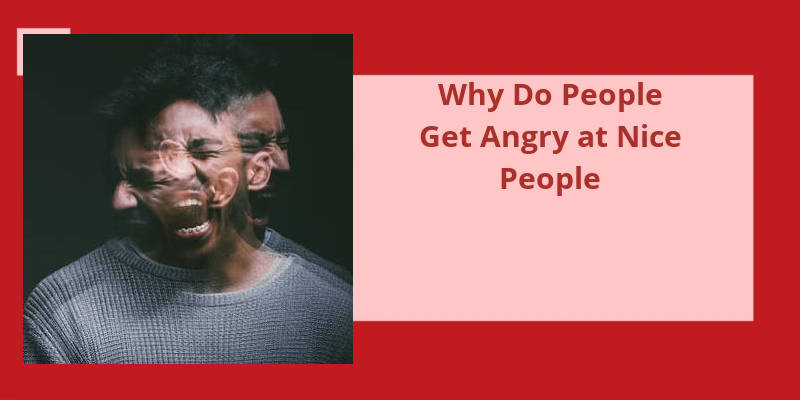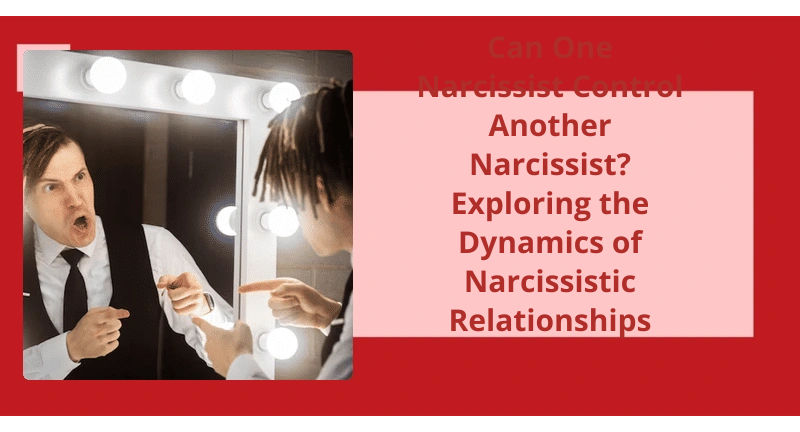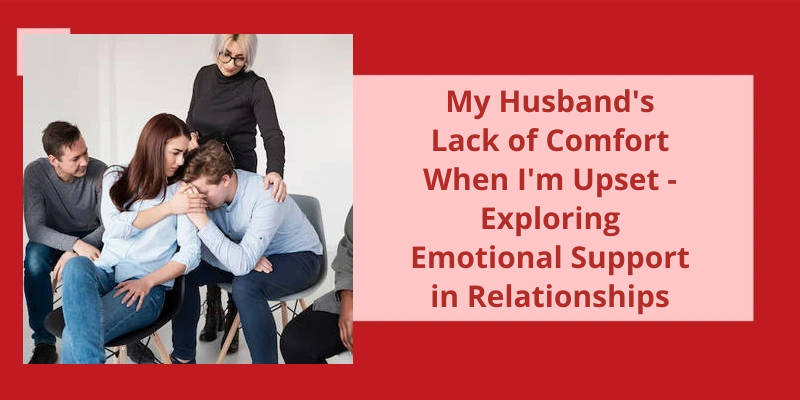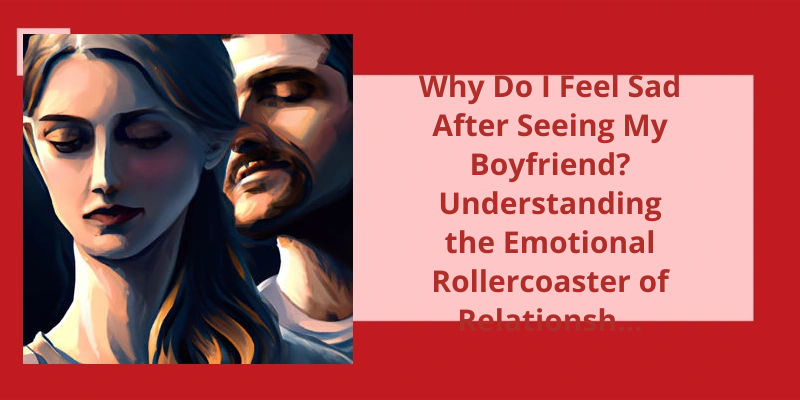Why do people get angry at nice people? It's an intriguing question that delves into the complex dynamics of human behavior and emotions. While it’s generally expected that kindness and niceness would be appreciated and admired, there are instances where these traits can actually evoke anger and frustration in others. This paradoxical phenomenon arises from a variety of factors, including our own vulnerabilities, the discomfort caused by someone's unwavering kindness, and the temptation to exploit or devalue those who consistently display goodness.
What Is the Psychology of Overly Nice People?
At the root of extreme niceness, however, are feelings of inadequacy and the need to get approval and validation from others. Overly-nice people try to please so that they can feel good about themselves. This stems from a deep-seated fear of rejection and a desire to avoid conflict or confrontation at all costs. Their excessive kindness is often a defense mechanism, a way to protect themselves from potential rejection or criticism.
However, this extreme niceness can often backfire and lead to resentment or anger from others. People may become frustrated with the overly nice individuals inability to express their true thoughts and feelings. They may feel taken advantage of or invalidated when their needs and desires are consistently overlooked in favor of accommodating others. This can create a cycle of anger and frustration directed towards the overly nice person, further perpetuating their feelings of inadequacy.
The Impact of Cultural and Societal Expectations on the Psychology of Overly Nice People.
Some people may wonder why others get angry at individuals who’re kind and pleasant. One possible explanation is that cultural and societal expectations influence how people perceive and respond to overly nice individuals. In many societies, assertiveness and directness are often valued, and individuals who’re consistently nice may be seen as weak or lacking in personal boundaries. This perception can lead to frustration and anger from others who may feel that the overly nice person isn’t being genuine or is trying to manipulate them. Additionally, some people may feel threatened by the presence of overly nice individuals because their behavior challenges social norms and expectations, causing them to react with anger or hostility. It’s important to recognize that these reactions stem from societal influences and may not reflect the character or intentions of the nice person.
It’s a common human experience to feel cautious or uneasy around individuals who appear excessively agreeable or kind. This unease may stem from the perception that overly nice people are desperately seeking approval and burying their genuine emotions behind a façade of kindness. Acting as if one is always harmless or devoid of anger can come across as disingenuous, disregarding the fact that everyone experiences a range of emotions, including negative ones.
Why Do Overly Nice People Make Me Uncomfortable?
Human emotions are complex and varied, and one common reaction to overly nice people is discomfort. It’s not that being kind and caring is inherently wrong or bothersome, but rather that some individuals may feel uneasy in the presence of those who appear excessively nice and accommodating. This discomfort may arise from a sense of skepticism or suspicion towards someone who consistently presents themselves as being overly pleasant.
Another factor that contributes to the discomfort is the perceived mask that overly nice people wear. By consistently presenting oneself as kind and harmless, individuals may be hiding their true feelings and frustrations. This can create a sense of unease, as it feels incongruent with the reality that all humans experience a range of emotions, including anger and frustration. It can be difficult to trust and relate to someone who never shows their true emotions, as it may seem disingenuous.
The nice mask acts as a facade, neglecting the fact that everyone experiences negative emotions and aggressive impulses at times. The dissonance between their presentation and universal human experiences can make others feel uneasy or suspicious.
Additionally, some individuals may find it difficult to connect with overly nice people because it can create a power dynamic. When someone is consistently nice and accommodating, it may give the impression that they’re trying to control or manipulate others through kindness. This imbalance in power can be uncomfortable for those who prefer more equitable and genuine relationships.
The Difference Between Genuine Kindness and Performative Niceness.
- Genuine kindness comes from a place of sincerity and empathy.
- Performative niceness is superficial and driven by ulterior motives.
- Genuine kindness is selfless and focused on the wellbeing of others.
- Performative niceness is often self-serving and aimed at gaining favor or appearing virtuous.
- Genuine kindness promotes genuine connections and fosters trust.
- Performative niceness can be manipulative and create a facade of trust.
- Genuine kindness is consistent and has an authentic impact on others.
- Performative niceness is inconsistent and lacks depth in it’s impact.
- Genuine kindness requires genuine introspection and personal growth.
- Performative niceness relies on surface-level actions and lacks genuine self-reflection.
It’s a complex question to understand why someone may exhibit mean behavior. Oftentimes, several underlying factors contribute to a person’s inclination towards meanness. These factors may include a desire for power, a sense of threat, or difficulties in managing their emotions. Exploring these reasons can provide insight into the complexity of human behavior and help foster empathy and understanding.
What Causes a Person to Be So Mean?
One of the perplexing phenomena in human behavior is why some people choose to be mean, particularly towards individuals who’re kind and empathetic. Exploring the underlying causes of such behavior can provide insights into the complexity of human emotions and interactions. One common reason for meanness is the desire for power and control. Some individuals feel a need to exert dominance over others as a way to compensate for their own insecurities or boost their self-esteem. By belittling or undermining those who exhibit kindness, they attempt to assert their superiority and maintain a sense of control.
Furthermore, individuals who struggle with emotional regulation and impulse control may exhibit mean behaviors towards kind-hearted individuals. These individuals may find it challenging to manage their own emotions and navigate social interactions effectively. When faced with someone who demonstrates genuine kindness, it can trigger feelings of envy or frustration, leading to uncontrolled outbursts or antagonistic behavior.
In some cases, past experiences or personal trauma may also contribute to meanness towards kind individuals. Painful experiences might have left deep emotional scars, making it difficult for some individuals to trust or accept kindness from others. This reluctance can manifest as hostility or skepticism towards those who try to extend compassion, as a defense mechanism to guard against potential hurt.
Certain environments may foster competitiveness and emphasize assertiveness, discouraging acts of kindness. In such contexts, individuals who embody kindness may be seen as weak or vulnerable, making them targets for aggression or contempt.
Understanding the complex motivations behind meanness towards kind individuals can provide valuable insights into the human psyche and emphasize the importance of empathy and emotional intelligence. By acknowledging these underlying causes, we can foster an environment that encourages kindness and compassion, ultimately contributing to a more harmonious and empathetic society.
This internal conflict can be quite perplexing as it stirs up a mix of contradictory emotions. While we might hope for kindness and genuine affection from others, the remnants of our past experiences can inadvertently spur feelings of discomfort or even resentment towards those who display kindness. Unraveling these complex psychological mechanisms can shed light on our reactions and help us navigate through our emotions with greater understanding.
Why Does It Upset Me When People Are Nice to Me?
The concept of getting upset when people are nice to me is perplexing. It seems odd to harbor negative feelings towards individuals who show kindness. However, there’s an underlying psychological phenomenon that could shed light on this puzzling reaction. Psychologists often refer to this phenomenon as “reaction formation.”
The idea behind reaction formation is rooted in early experiences, particularly during childhood. If someone crucial in our lives, perhaps a caregiver or authority figure, wasnt genuinely kind or nurturing, it can leave a lasting impact on our subconscious. To protect ourselves from further disappointment or emotional pain, we develop defense mechanisms that repress our desire for kind treatment.
When someone unexpectedly exhibits kindness towards us, it can trigger a conflict within our psyche. The ego, which plays a fundamental role in defending our self-image, is threatened. The awareness of our repressed longing for kindness becomes uncomfortably evident. As a result, negative emotions may arise as a defense mechanism to maintain the status quo and protect our ego from further vulnerability.
This reaction formation can manifest in different ways. It might manifest as irritability, anger, or discomfort towards those who extend kindness our way. Our subconscious seeks to push away such gestures to uphold the defensive walls we’ve built over time. In a paradoxical twist, we might be unconsciously punishing or rejecting those individuals who offer kindness as a means of self-protection.
Acknowledging that our negative emotions may stem from past experiences rather than the present situation can enable us to explore and heal those old wounds. By nurturing self-awareness and practicing self-compassion, we can gradually dismantle these defense mechanisms, allowing ourselves to cultivate healthier and more authentic connections with others.
Additionally, tears can be a way for our bodies to release built-up tension and stress, acting as a cathartic outlet for emotional relief. The act of being shown kindness can touch us deeply and remind us of our interconnectedness, triggering an emotional response that manifests as tears.
Why Does It Make Me Cry When People Are Nice to Me?
Many people find themselves crying when others are nice to them, and this can be attributed to several factors. Firstly, it isn’t uncommon for individuals to feel overwhelmed with gratitude, appreciation, and love when they’re on the receiving end of kindness. These emotions can be so powerful that they manifest in tears as a way of expressing the depth of their feelings. It’s a natural response to be moved by acts of kindness, as it reminds us of our interconnectedness and the capacity for goodness in others.
Life can be challenging, and we often face difficulties that we keep hidden from others. When someone extends kindness and compassion towards us, it can act as a trigger, allowing us to finally let go of the emotional burden we’ve been carrying. Crying in such moments is cathartic, providing us with a chance to release the emotions we’ve been suppressing.
Conclusion
While the desire to do the right thing is inherent in most individuals, the presence of kind-hearted individuals can inadvertently trigger negative emotions in others. They become easy targets for manipulation and exploitation, and their vulnerability can evoke feelings of discomfort or even envy. Moreover, the inherent contrast between their genuine kindness and the prevailing cynicism of the world can lead to resentment or contempt. It’s essential to recognize these dynamics and foster empathy, understanding, and appreciation for those who choose to be kind, as they serve as a reminder of the better version of ourselves that we can aspire to be.






